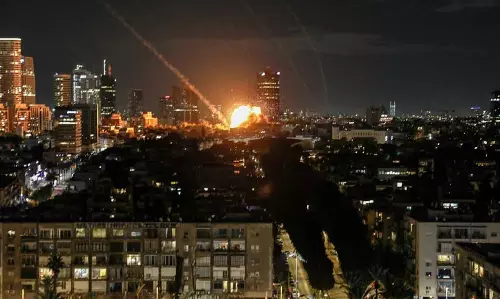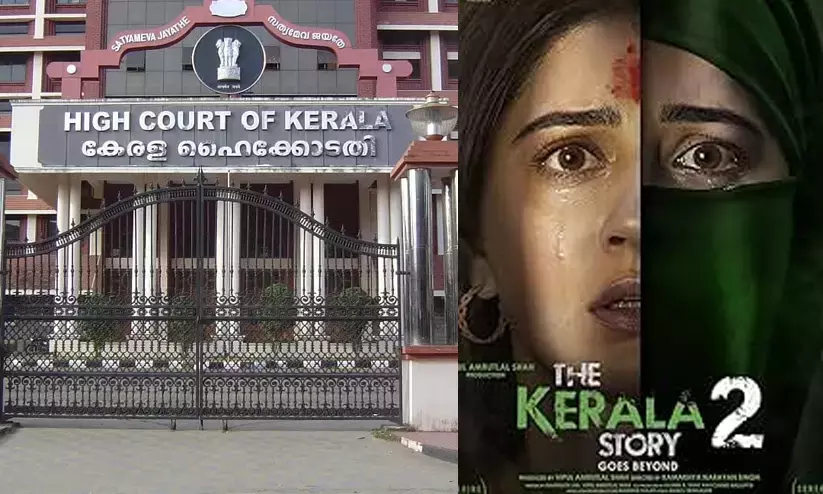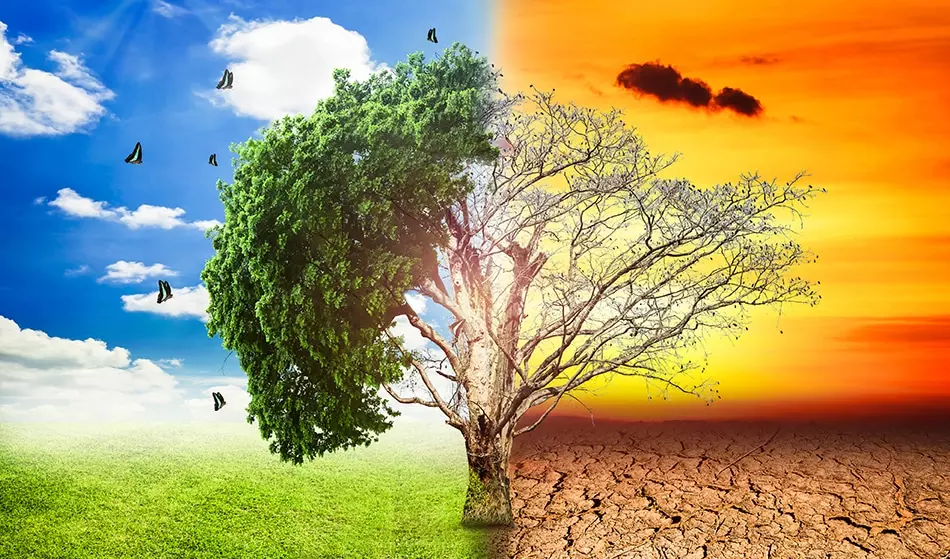
The crisis is here; what of the solution?
text_fields"There are no words in German language for this," is how the German Chancellor Angela Merkel responded to a flood disaster that was unlike any her country has seen before. The people in Canada were not equipped to handle the heatwave that hit the country last month because they did not even have air conditioners - the temperature never rises to unbearable points even in the summer. What was once heard as warnings about the climate crisis are now being experienced as realities. Those who claimed such a crisis does not exist, or said that they were far off into the future, are now shocked at the new developments. Both monsoons, now arriving outside its usual seasons, present us with alternating crises of floods and droughts each year. The several floods that happened recently in many regions of India would not be the last. Floods wreaked havoc in Germany, China, Turkey, the Netherlands, Italy, USA, Switzerland, Oman, Uganda, Philippines, UK and Austria. Severe heat waves either followed or preceded the floods in many areas. There were more than usual casualties from lightning. The heat waves in the northwestern USA, in Canada and South American countries broke several records this year. Severe climatic conditions were experienced in Africa and Russia as well. Several tornadoes have hit different parts of the globe.
Even as the climate crisis has become a grave reality that threatens the planet, at the forefront of the obstacles to any effective solutions are political leadership lacking will, and big corporations with vested interests. It is not that treaties and summits do not happen; it was only last week that the environment ministers of the G20 nations met in the Naples climate summit. The decisive Glasgow summit scheduled for November last year under UN auspices is set to happen in the next hundred days. However, there is no answer as to what concrete steps will be taken by the political leadership of these nations. The agreed targets of the Paris Agreement have not been completely fulfilled. The targets to stop global temperature rises compared to pre-industrial levels, set at 2 Deg C still seem far off. Estimates show temperatures will rise by 3 Deg C. Things may go out of hand, yet countries are nowhere near a solution. In many countries those who work as consultants for climate change solution accords are representatives of corpoates, and their vested interests keep upsetting all plans.
In the absense of a global leadership, human race is left at the mercy of several countries and their reactions. In India, the Modi government after assuming power amended six important acts crucial to the protection of the environment. India is at the 180th place in Yale University's Environment Protection Index that was prepared in 2020. Now, six new coal mines are about to be opened under the 'aatmanirbhar' scheme, while the international agreement was to totally avoid all fuel made from coal mines.
This means that the governments will not wake up even as more people are suffering. Millions of people will be forced to leave their homes and migrate. Every year, the number of these climate refugees is increasing. And now, for the first time one country has come to starve because of climate change. There is no rain in Madagascar. Droughts and agriculture disruption have affected 15 lakh people, out of which four lakh are starving. They resort to eating cacti, leaves and locusts. This will not just be the story of one Madagascar. When drought, floods, and storms become widespread, the other regions will not be far behind. Human race is moving towards the verge of suicide by seeking old habits as solutions for a crisis like never before. It is possible that the Glasgow summit could be our last chance. But will something happen there?






















